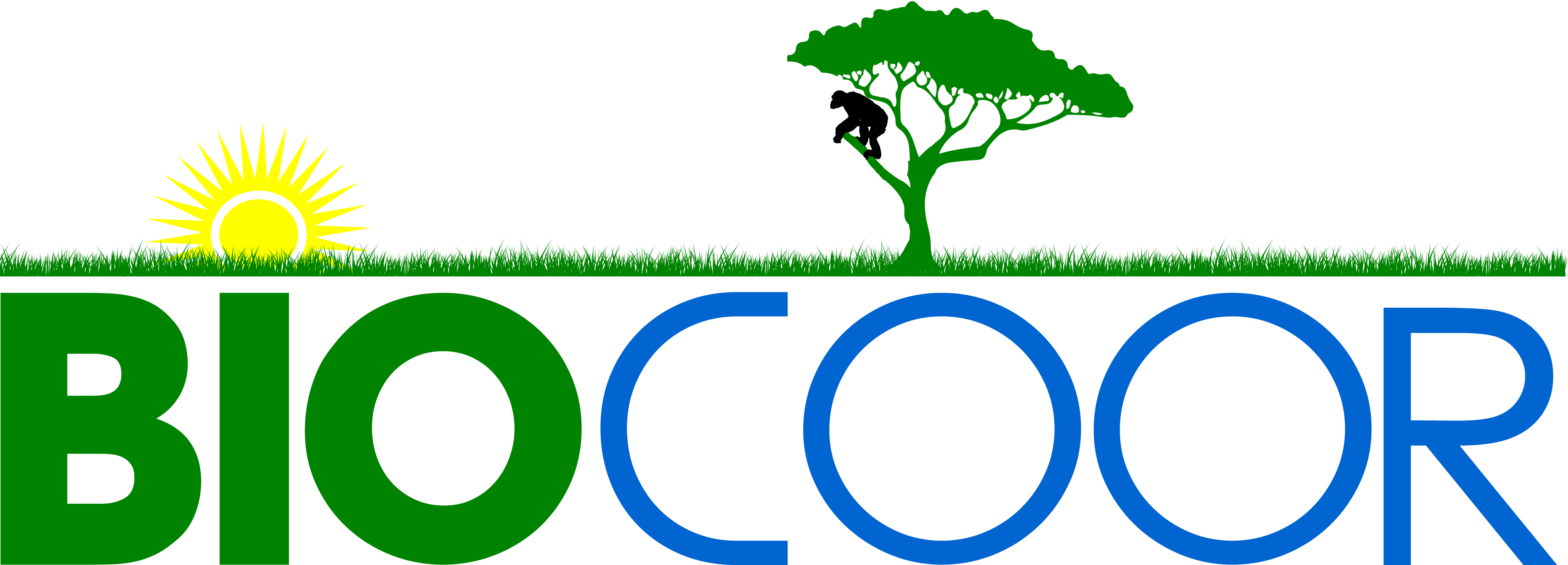About Us
BIOCOOR is a youth-led, local non-profit organization based in the Southern Province of Rwanda. We are committed to protecting biodiversity, restoring ecosystems, and improving community well-being through sustainable and inclusive development.
Founded in 2012 as a social enterprise (BIOCOOP) and officially registered as a non-governmental organization in 2020, BIOCOOR brings together passionate environmentalists, community leaders, and young professionals who believe that conservation and development go hand in hand.
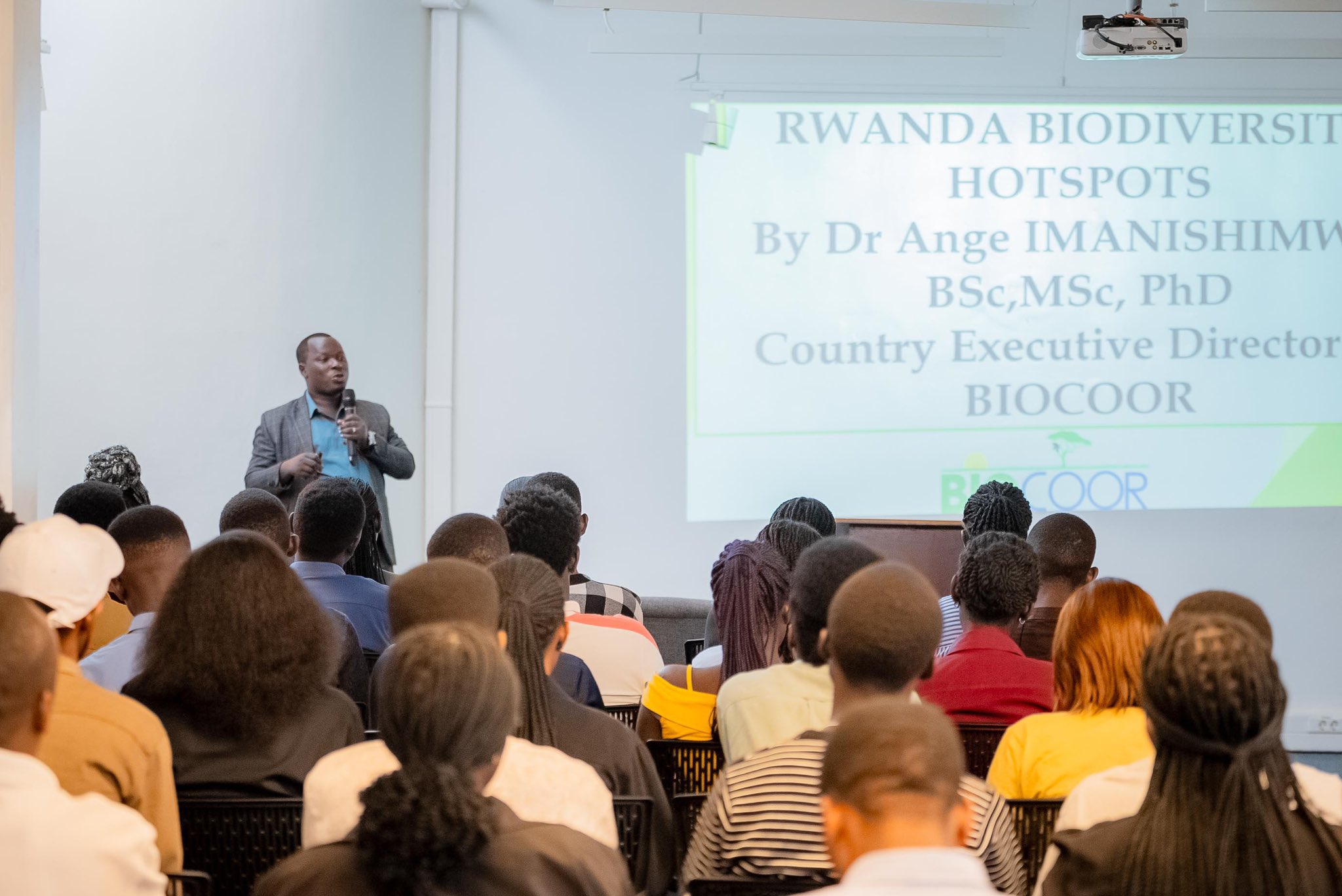
Why Support Our Mission
At Biocoor, we are dedicated to protecting our environment through sustainable practices and community engagement.
Sustainable Impact
Our conservation projects have restored over 5,000 hectares of land and planted more than 100,000 trees in the last year alone.
Community-Driven
We work directly with local communities to develop conservation solutions that benefit both people and the environment.
Research-Backed
Our team of environmental scientists ensures all our initiatives are based on the latest ecological research and best practices.
Our Environmental Impact
Measurable change for a sustainable future. Together, we're making a lasting difference for our planet.
Area of Focus
Wetlands
The wetlands within the Nyungwe National Park Buffer Zone provide vital ecosystem services. Such as, water supply and folder (grass) for domestic animals, erosion control, and nutrients for the soil. Despite local communities heavily relying on the wetlands for survival, little is known about how to asses and monitor the wetlands in the buffer zone.
Buffer Zone
The buffer zone consists of exotic tree species and wetlands. In 2011, the government of Rwanda signed a 49-year logging agreement with the New Forests Company (NFC) for tree plantation management of the Buffer Zone. There has yet to be a good structure to manage the wetlands. However, BIOCOOR and NFC have begun using the Pressure-State-Response- Framework method to assess and monitor the wetlands within the Buffer Zone.
Community
BIOCOOR aims to link biodiversity conservation with community action and human welfare. The cooperative has taken into consideration such issues and created community outreach programs in primary (middle school) and secondary (high school) schools. It has also initiated environmental clubs in secondary schools that will assist and support students in training and finance.
Youth Engagement
BIOCOOR offers student-internships in Ecotourism, biodiversity conservation, and environmental management at the Nyungwe Eco Village. Our Research Monitoring and Evaluation Officer trains students to identify different biodiversity existing in and around Nyungwe National Park.
Our Partners
Collaborating with leading organizations to amplify our impact on biodiversity conservation and sustainable development.
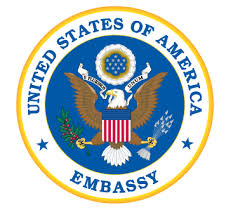
USA Embassy
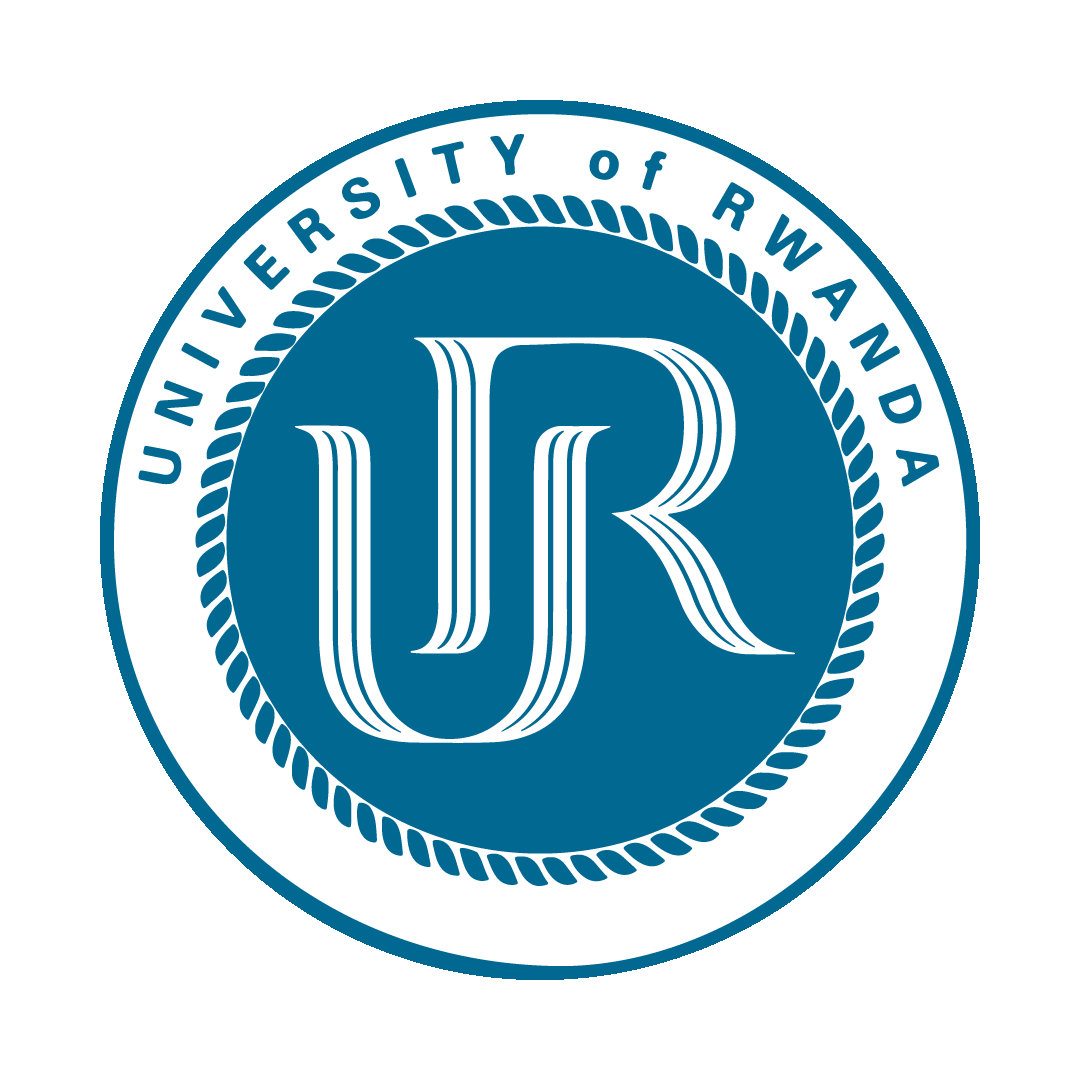
UR
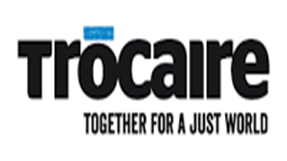
Trocaire

The Rufford Foundation
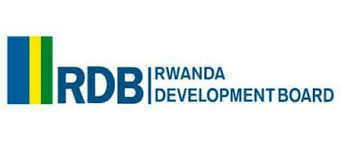
Rwanda Development Board
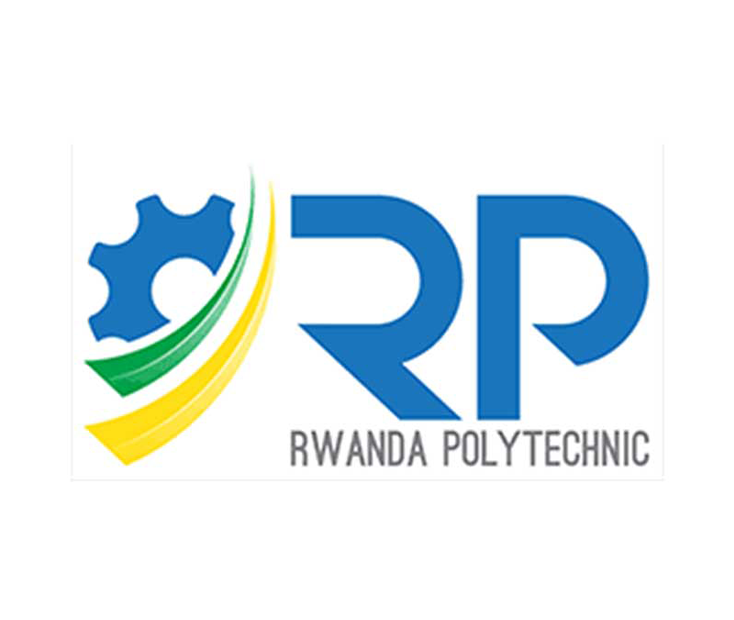
RP
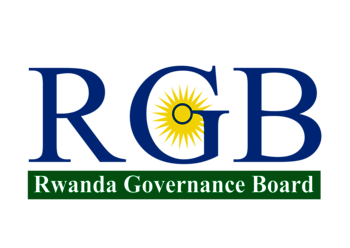
RGB
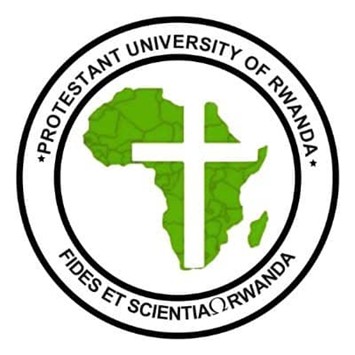
Protestant University Of Rwanda
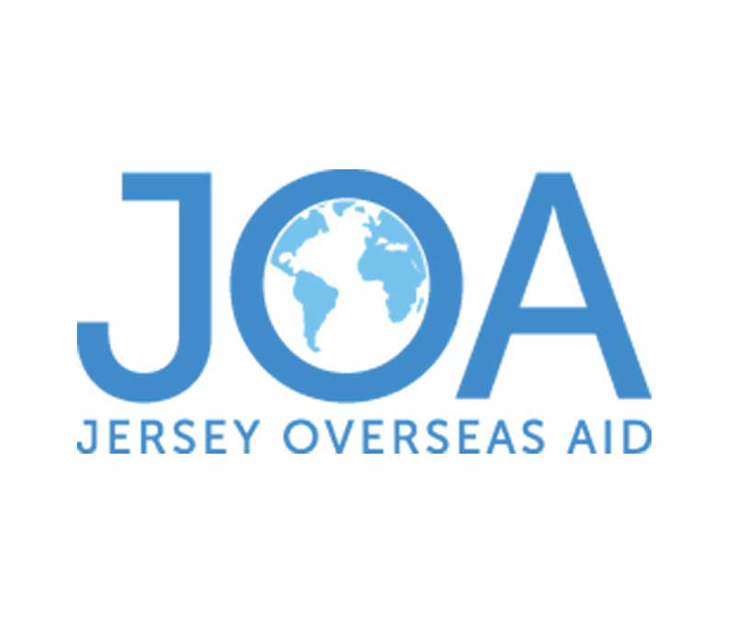
JAO
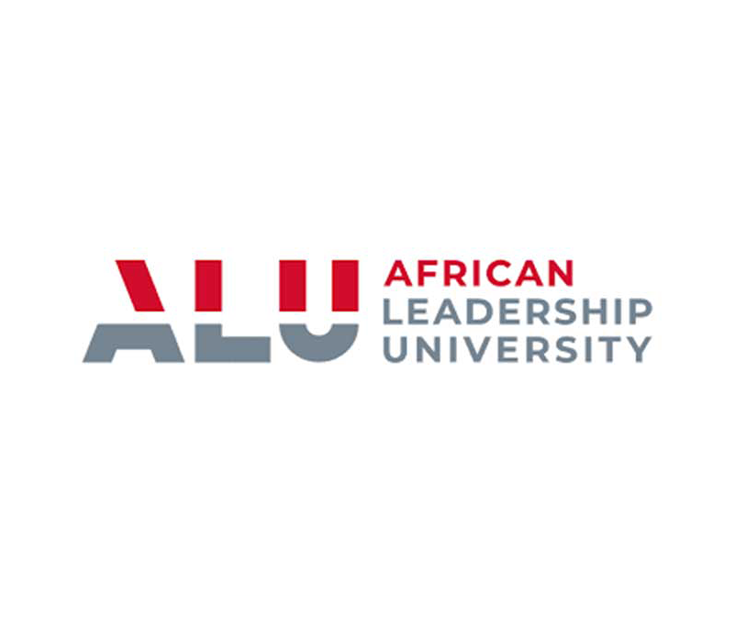
ALU
Sucessfull Story
Hear from our People about their experiences with Biocoor.
